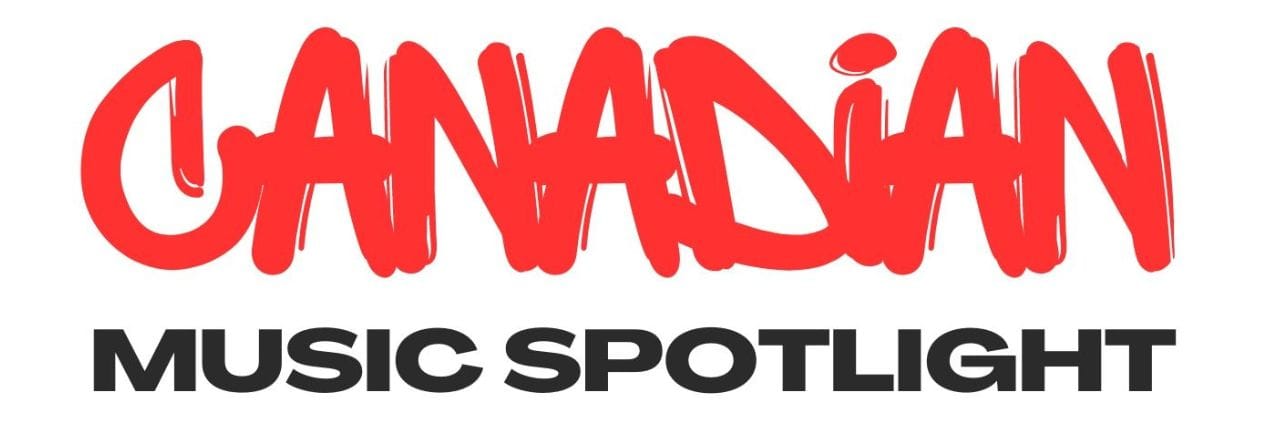How Do I Find a Manager (And is a Manager Even What I Need)?

By Steve Kenny
There are certain questions that come up regularly when I’m talking to developing artists and one of the most common ones is, “How do I find a manager?” On the surface it’s a fair question. A manager can help build your career, guide you through your journey, share the workload, and build a team around you. But there is an important question to ask before the “how” and that is the “why?” Why do I need a manager? Well, because you won’t know the “how” until you know the “why.”
So, why do you need a manager? Have you ever really thought about this? If your desire for a manager comes from the belief that they will make your career for you, you’re in for disappointment. Working with a manager is only one step of many during your career. Understanding how this step fits into your career as a whole will ensure that you don’t rush into a relationship that isn’t the best t. In order to do this, you will need to get really specific about what you are looking for — the traits you want in a manager, the things you are good at, and the skills you want them to have.
To start with, you will need to answer these four questions:
- What are your goals for the next 5 years? Think big picture; what are the major milestones you want to hit? These may change over time, but knowing them in advance will help you make better choices around who you bring onto your team.
- What skills and resources will you need to achieve these goals? Now that you have named the specific goals you want to achieve, the next step is to create a list of what you’ll need to accomplish them. Don’t overthink this. Write down the resources you’ll need and the skills that will be required. Avoid listing job titles (i.e. “manager” or “publicist”). Instead, focus on skill sets (i.e. “organized” or “excellent communicator”).
- From that list you just created, which ones do you already have yourself? You can probably check a lot of the boxes already. It is important to recognize this when you are building your team. Knowing what you are good at is invaluable. In the future, you may want someone who has these skills, but in the beginning it is more important to find someone who can complement what you do by bringing different skills to your team.
- What’s left? Create a new list with the skills and resources that are left over. These are the skills you don’t have or things you aren’t comfortable doing yourself.
You can probably already see where I’m going with this, but the answers to question four are what you’re looking for in a manager. This is the “why” I talked about in the beginning. So, why do I need a manager? Because there are key skills and resources you are missing to fulfill your goals. You now know exactly what you are looking for in a manager. I’m using the term “manager” somewhat loosely here, too. You may find out it’s not actually a manager you’re looking for based on your needs.
The music industry is always changing, even more rapidly these days. With that comes new models on how things are done. There are many younger managers who are doing things differently. And there is a lot more collaboration, which creates opportunities to work with different people. You can build your team as you need it, and not get locked into a long-term commitment that may not serve you in the future. What you need now may be different from what you need three years from now. If you are aware of that, you can make smart decisions about how you shape your team.
At the end of the day you have to build the team you need, not the one you think you want. Manager, agent, label, publicist — the lines are very blurry these days. I call myself a manager but I wear many hats at different times. There are so many great people in this industry that work on a project-by-project basis, so use this to your advantage and hire them when you need them. Consult with them when you’re seeking advice and invest your resources this way. Don’t give something away without knowing that it is absolutely best for you.
So, when you’re making the decision about adding a team member, always refer back to the skills and resources you need and don’t get caught up in the title that person has. If you do that, you will find the people who can truly support what you do. The ones that understand your project and can help you take your career where you want it to go. The important thing is for you to know what you need, then keep your eyes open for the right people to fill those roles.

Steve Kenny is a recovering musician turned artist manager, a transition some refer to as “turning to the dark side.” He is the co-founder of Traverse Music Management and author of The Ascender, a resource for artists looking to grow their career in an effective and sustainable way. www.traversemusic.ca/theascender.
